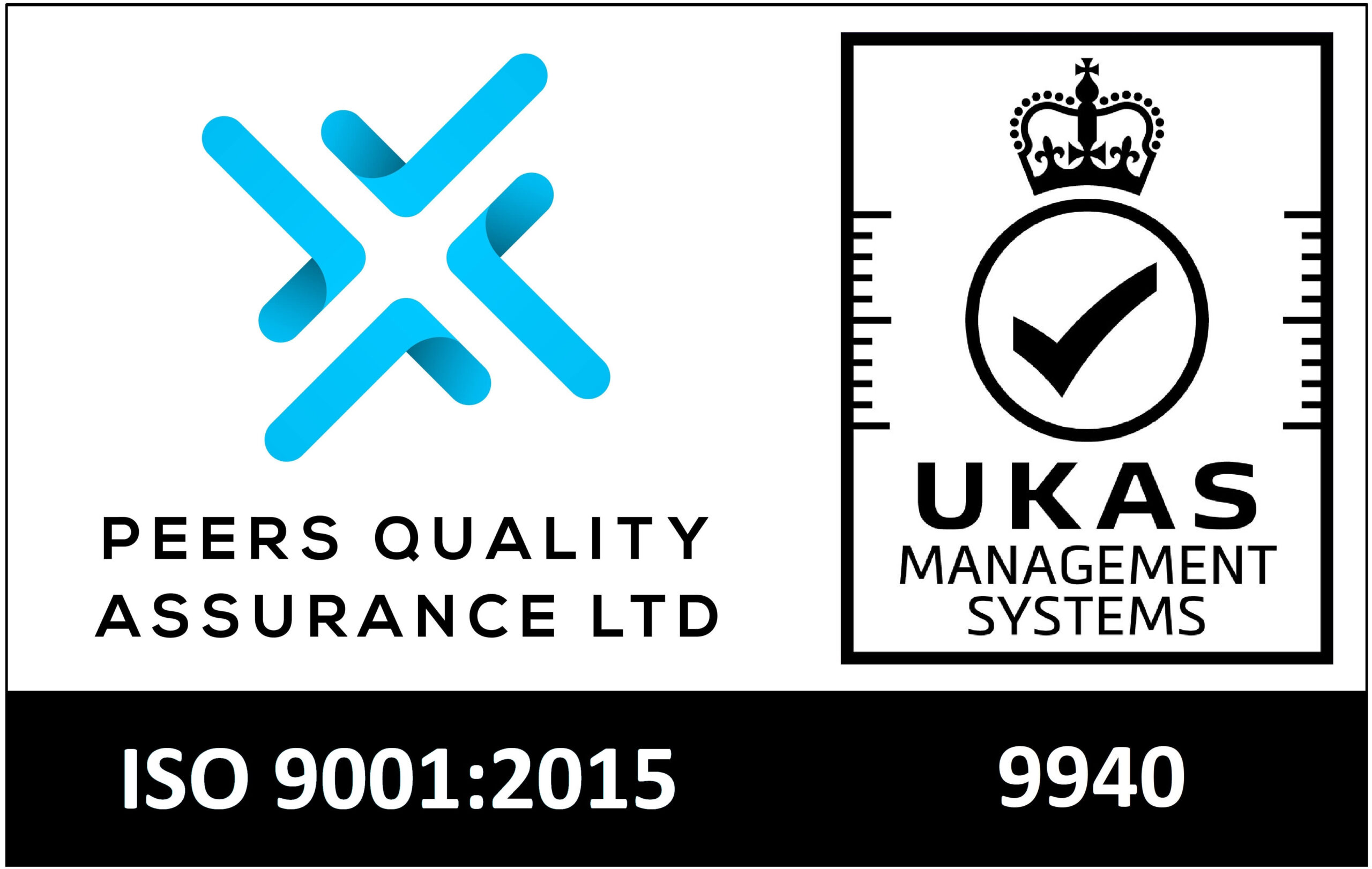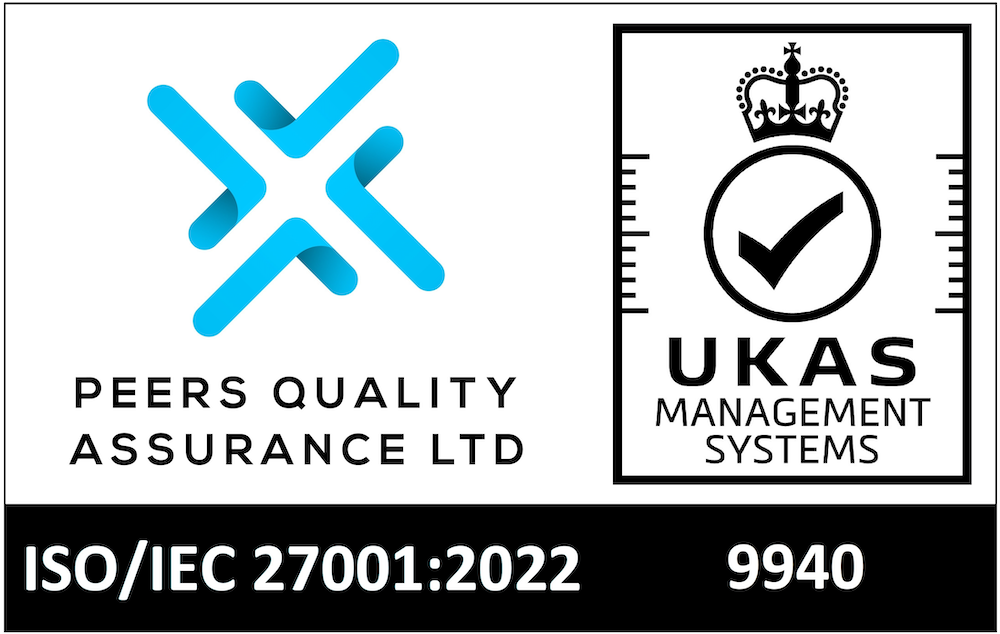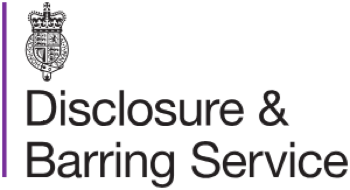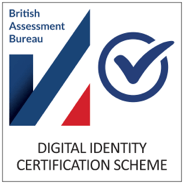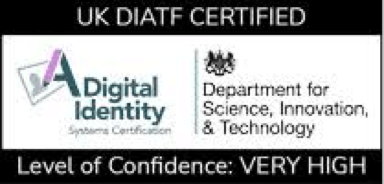Author: Joey Lyons
Did you know that a substantial number of people fail to get through their BPSS Baseline Personnel Security Standard check due to a lack of correct documentation? So What documents are required for BPSS Check?
If you’re helping candidates to prepare for their pre-employment screening or secutiry clearance, it’s important that you’re well-informed about what documents are required for BPSS Check.
From identity documents to address history, every piece of information that your candidate submits serves a unique purpose in validating their background, trustworthiness and reliability.
We’ll explore why this process is so stringent and what could possibly happen if a candidate isn’t properly prepared?
Understanding BPSS Clearance
While it’s essential to understand that BPSS screening is the standard level of background check for government workers, it’s helpful to know that it significantly reduces the risk of illegal hiring and identity fraud.
Not only is it required for government agency contractors and civil servants, but it’s also employed in sectors like energy, communications, and finance. It’s a vital tool for protecting government assets and information.
Remember, BPSS security clearance doesn’t replace other standards like BS7858 or SMCR. Instead, it complements them, enhancing the overall security and integrity of your organisation.
The BPSS check involves verifying your right to work in the UK, confirming an individual’s full identity, conducting a basic DBS criminal record check, scrutinising their employment history, and requiring a declaration of any overseas periods.
Ultimately, obtaining BPSS clearance is about confirming an individual’s identity, verifying their right to work, and assessing your suitability for handling sensitive information – all of which are a prerequisite for higher levels of national security checks.
What documents are required for BPSS check ?
To successfully undergo a BPSS check, candidate will need to provide several specific documents that verify their right to work in the UK, confirm their identity, and outline their employment and overseas history.
The first set of documents establish their legal right to work in the UK. This could be a passport or a document from the Home Office confirming their immigration status.
Next, their identity must be verified; typically, valid passports or driver’s licences will suffice. If they’re a non-UK national, they may also need to present a visa or other proof of residency.
They will also have to provide confirmation of at least three years of employment history. This can be in the form of payslips, tax documents, or letters from previous employers. If they’ve spent six months or more overseas during the last three years, they should declare this, too.
The BPSS Verification Process
After gathering all the necessary documents for the BPSS, they’ll then go through the verification process, which serves as an important step in pre-employment screening for government and other sensitive roles. This process confirms their identity and right to work in the UK, using valid documents such as a passport or driver’s licence.
They’ll also undergo basic DBS checks for any criminal records. These checks ensure that only suitable individuals have access to sensitive government projects, thereby safeguarding national security.
Further, it’s required to verify a minimum of three years of their employment history. This is equally mandatory for contractors and temporary staff working within government organisations.
Implications of BPSS Clearance
Obtaining BPSS clearance has significant implications, especially as it becomes a necessary requirement for roles involving access to sensitive government information and assets. This clearance not only verifies their identity, work eligibility, and employment history but also acts as a safeguard for sensitive data and assets.
The impact of BPSS clearance is profound, as it:
- Grants the necessary access to work in roles that handle government networks and national security information. Employees are trusted with the nation’s sensitive data, which is a significant responsibility.
- Establishes credibility. It’s a validation of a candidate’s integrity, proving that they’re trustworthy and capable of handling sensitive positions.
- Opens doors to more job opportunities. Many roles, including civil servants, armed forces members, temporary staff, and government contractors, require BPSS clearance.
Managing BPSS Checks in Business
Managing the processing of BPSS checks within your business can seem quite daunting, but with careful management, it’s a straightforward task that significantly bolsters your company’s security and compliance. It’s important to understand the documents required for a BPSS check, including right to work documentation, identity verification documents, and criminal record checks.
As a business owner, you’re responsible for securely storing these records in a GDPR-compliant manner. It’s important to remember that BPSS checks don’t have expiry dates, but you should consider ongoing security management and possibly even rechecks to ensure the individual’s continued eligibility.
BPSS checks are especially essential for businesses in sectors like energy, communications, and finance. They confirm an individual’s identity and right to work in the UK, reducing the risk of hiring illegal workers and preventing identity fraud.
Conclusion
If you understand the documents that will need to be produced and appreciate why they need to be reviewed, it will make your BPSS check process more straightforward. Remember, candidate’s passport, driver’s licence, and criminal record check are key.
While BPSS checks don’t expire, keep on top of security management.
And remember, companies like Checkback are here to help.

